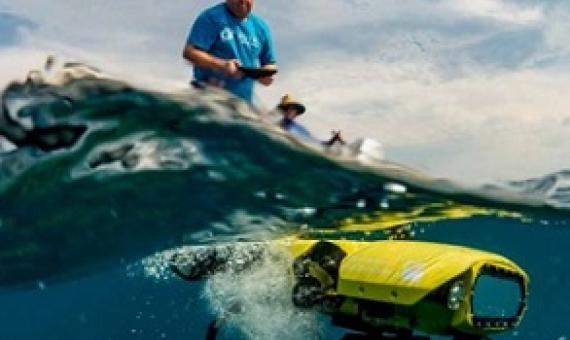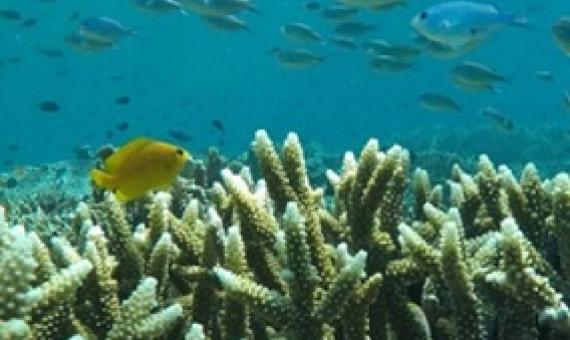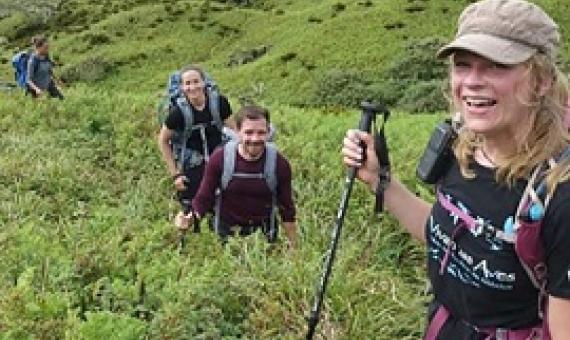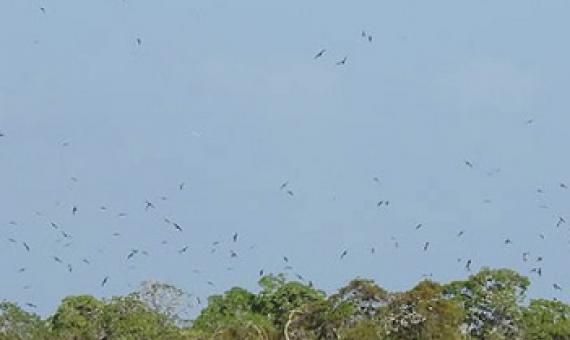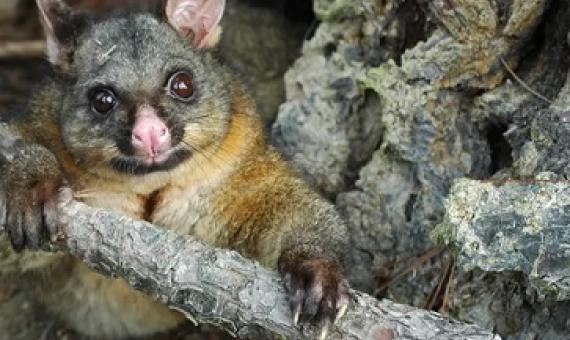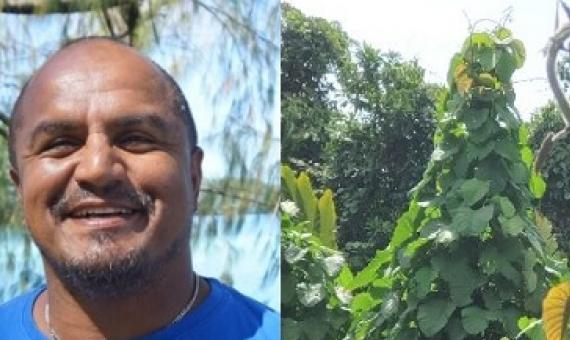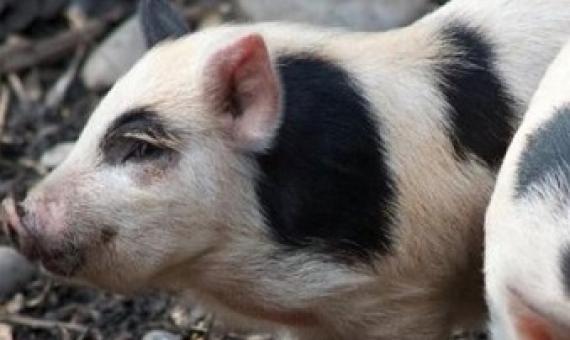Upon first glance, the crown-of-thorns starfish looks a lot like an enemy creature you'd find in a nature-based video game. Long spikes cover its body, which can reach 2 1/2 feet in diameter. It's somewhat reminiscent of a land mine, if a land mine had 14 to 21 movable arms.
A new study reveals clear evidence highlighting the importance of fish biodiversity to the health of spectacular tropical coral reef ecosystems.
Unwanted networks: Vessel traffic heightens the risk of invasions in marine protected areas
Invasive species pose a significant threat to a primary objective of marine conservation, protecting native biodiversity. To-date, research quantifying invasion risk to marine protected areas (MPAs) is limited despite potential negative consequences. As a first step towards identifying invasion risk to MPAs via vessel ballast or biofouling, we evaluated vessel traffic patterns by applying graph-theoretic concepts for 1346 vessels that connected invaded areas (‘invasion nodes’) along the Northeast Pacific coast to MPAs within Canadian waters in 2016.
A team of conservationists who were trying to save endangered seabirds from giant mice on one of the world's most remote islands have been rescued by the UK military after becoming stranded due to the coronavirus pandemic. A group of 12 researchers from the UK arrived on Gough
The atoll country of Kiribati is home to a diverse range of flora and fauna,... including two species that are under threat of extinction, in part due to invasive species such as rats and feral cats.
Skies above remote parts of the nation’s back country will host new technology designed to drop baits in the path of rats, stoats and possums...A drone, which is seven metres long and looks like a mini-helicopter, is being developed to wipe out pests in areas that humans simply can’t access due t
Smothering, strangling, aggressive – common words often used to describe the infamous vine, Merremia peltata, as it snakes up forest trees. Known locally as kebeas, this native species thrives in sunlight.
The Department of Conservation's efforts to cull Auckland Island pigs are being labelled a crime against humanity by the Rare Breeds Conservation Society. The pesky porcines are killing native plants, insects and seabirds - but they're also the only completely virus-free pig species, which s
Climate Change and Invasive Species in the Pacific
A Pacific information brief from the Pacific Invasives Partnership (a working group of the Roundtable for Nature Conservation in the Pacific Islands)
Proceedings of the Helping Islands Adapt Workshop
The Helping Islands Adapt workshop was held in Auckland, New Zealand between the 11th and 16th of April 2010 to support regional action against invasive species on islands, in order to preserve biodiversity and adapt to climate change. It arose from decisions under the Convention on Biological Diversity (CBD) relating to invasive alien species and island biodiversity.

